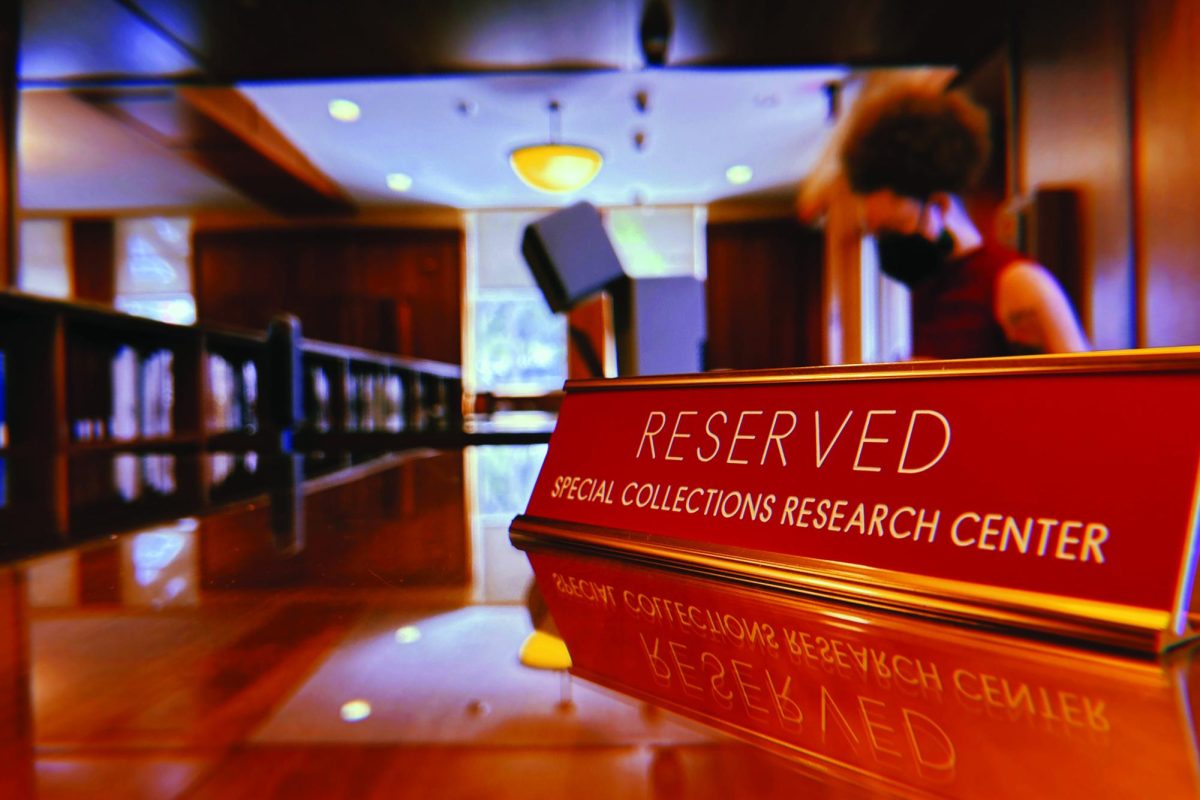The Facts:
A group of University faculty and students from the history department protested the state’s changes to the high school history curriculum Monday at the Institute for Emerging Issues forum.
Our Opinion:
Students should take the opportunities to get involved in the political process where they present themselves.
Governor Bev Perdue’s administration recently released a new education plan detailing its intentions to update the North Carolina high-school curriculum. The proposal spearheaded by the state’s education leaders removes American history prior to 1877 from the North Carolina 11th-grade high school curriculum and would effectively begin secondary-school discussions of U.S. history at Rutherford B. Hayes.
In response to the news, several N.C. State history professors and students protested the Institute for Emerging Issues forum where Perdue and other state and national leaders, including Secretary of Education Arne Duncan and former Governor James B. Hunt, Jr., were speaking Monday.
Many non-governmental leaders have spoken out in outrage over the changes and the relatively small, last minute, protest is just a part of larger statewide outrage over the changes.
The protestors’ challenges have merits and, perhaps, they will lead to some sort of continued discussion. But the larger issue of political activism has regrettably been missed.
Protesting is all well and good, but it means little when the much larger forms of political change are neglected?
Mayors, city council officials and board of education members have a larger impact on people’s lives than national political figures are ever likely to have. Yet, when Wake County held elections for mayor, four seats on the Board of Education, and six seats on the City Council Oct. 6, the turnout was paltry.
What does it say about those civics classes when most precincts reported voter turnout in the teens or single-digits for the Oct. elections? And those statistics don’t even take unregistered voters into account.
The protests might have been unnecessary had the populace turned out to elect different representatives to local offices — the people who have some sway into those political processes.
In any case, everyone, faculty and students alike, needs to reconsider their role in the political process.
Many students campaigned against — and for — the renovations to Talley Student Center. If they truly wanted to get a final parting word, they would consider the fact that the fee faces one of its last tests Friday at the Board of Governors meeting at UNC-Chapel Hills’ Spangler Center.
If nothing else, it’s a chance to get involved in the process.



